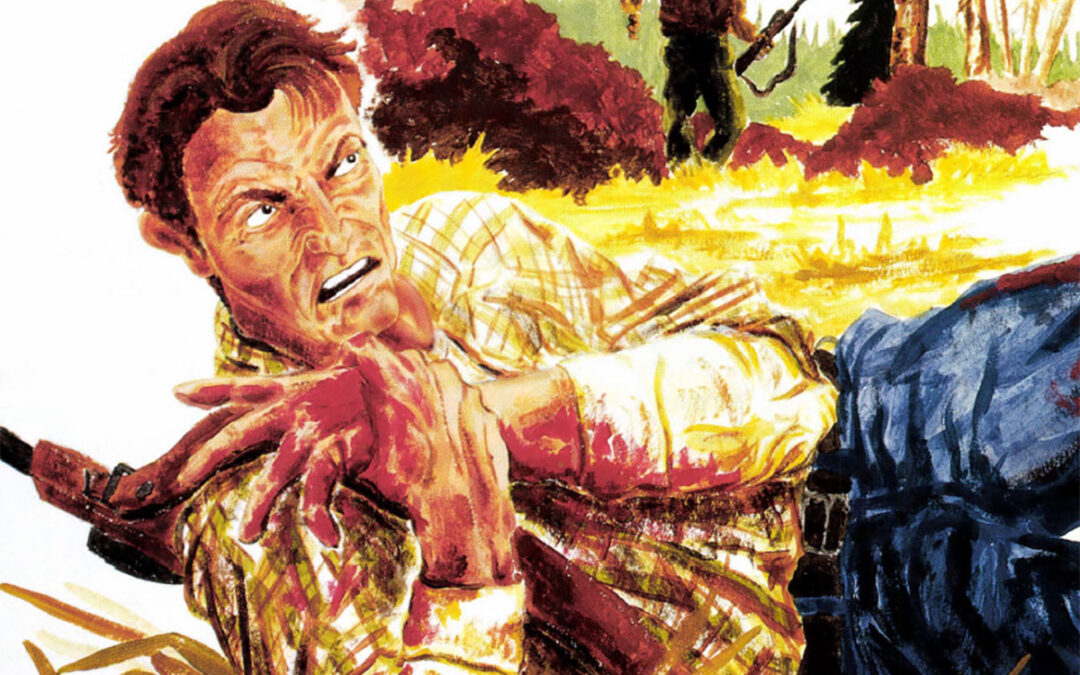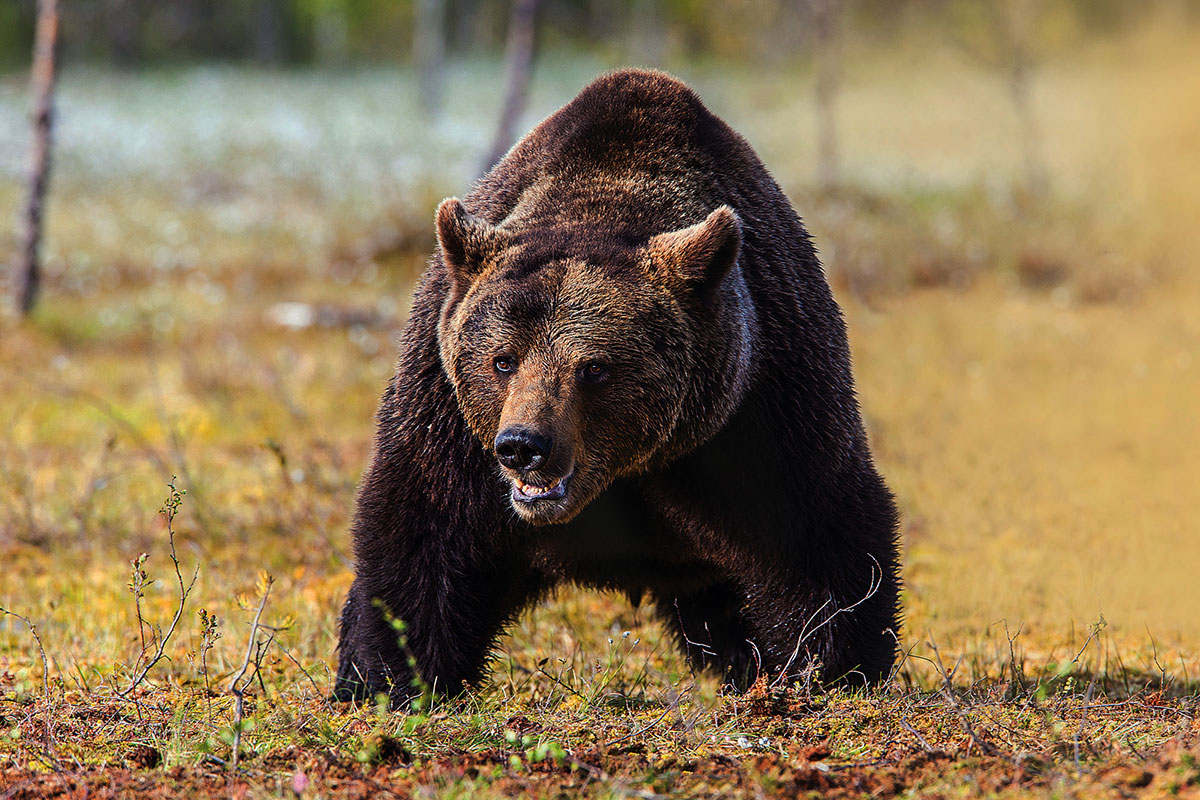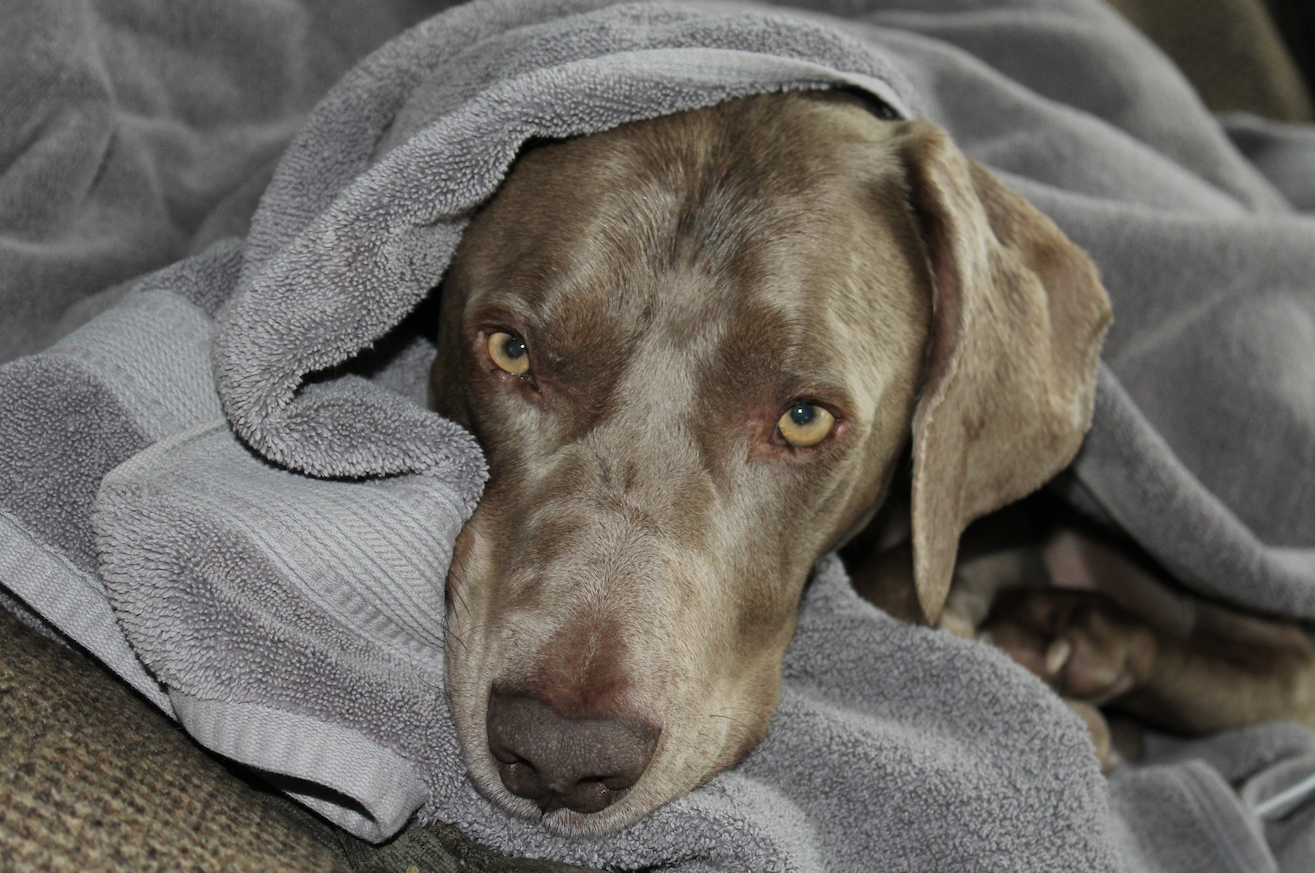A man of lesser conscience would have it easier. Regret and self-hate have plagued Casey every day, almost every waking hour, since the shooting.
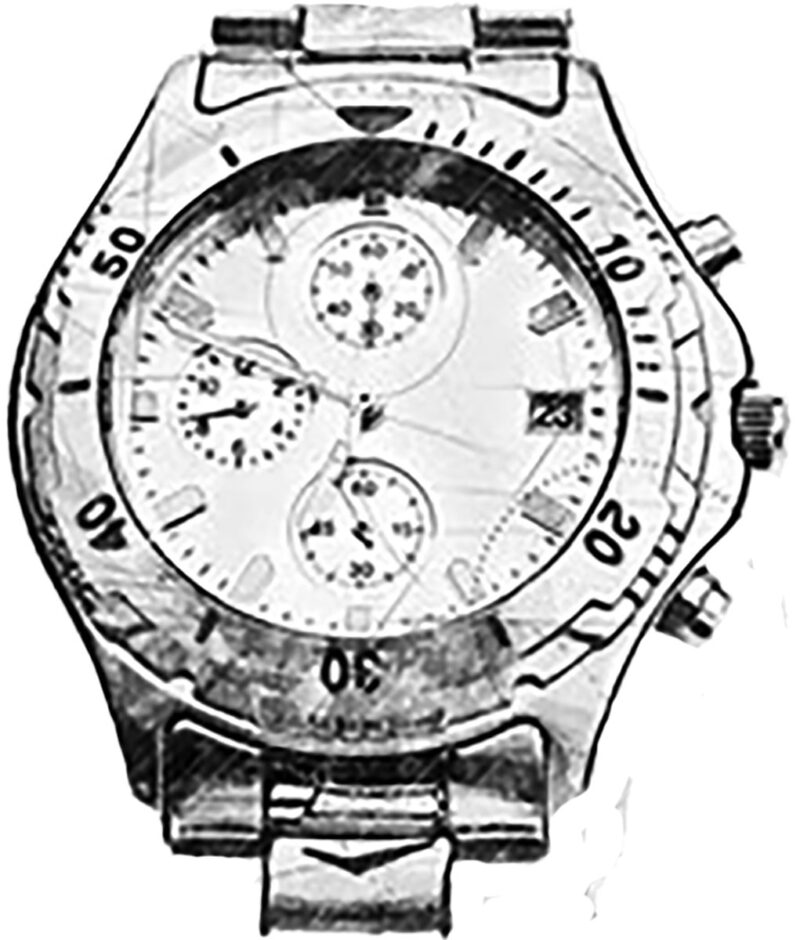 Casey Ryan’s bull elk crowds his study. Not many days had passed since the exciting hunt that he hadn’t thought of it. Seeing the six-by-five mount morning and evening, he remembered the many facets of the hunt, over and over.
Casey Ryan’s bull elk crowds his study. Not many days had passed since the exciting hunt that he hadn’t thought of it. Seeing the six-by-five mount morning and evening, he remembered the many facets of the hunt, over and over.
An architect, Casey is pretty much an original thinker; each job different, but hunting has held him like a vice; his only avocation. As his neighbor and his physician, I know the man well. We visit frequently.
After the previous year’s success, he was compelled to return to the same valley, the same trail, sure he’d be lucky again. Hunting somewhere else never occurred to him. The image of the big bull held him tight. Casey came home from this year’s hunt early. He called and in a voice sounding urgent said he needed to talk.
He walked into my den barely saying “Hello” and sat down, hunched over. Casey’s jaw tightened, then he looked up, eyes wet. “I must have dozed off, because I didn’t see Ben Webster coming up the trail through the open area.”
He spoke slowly, careful to include each detail, as if a prosecuting attorney. “I didn’t see him. I heard the sound of Ben’s walking, raised my rifle to the trail and followed the sound, safety off.”
Under the same tree as the year before, above the trail on the shady side of the mountain, his single-mindedness had left no room for thought. ”When I saw movement beneath low branches, I estimated chest height and fired.”
I heard him out, insisted he swallow a barbiturate and try to get some sleep. Although his voice was anxious, his red eyes and fatigued face showed he needed it.
Later I talked with Ben Webster. He remembers distinct happenings: being hit on the wrist as if with a baseball bat, a blow to the thigh, then hearing the sound of a shot. He saw his hand dangle, his wrist spurting blood. He was spun nearly completely around while falling.
“I screamed and yelled,” Ben said. “I knew Casey carried a semi-automatic .30-06. 1 didn’t notice pain, just felt terror of another round.”
Grabbing his left forearm, Ben slowed the flow. His pants were bloodied, and the leg hurt. He remembered thinking, I may never see my boys again. Then, praying for a moment, calm came. He tested. The leg moved. It worked.
Ben thought it was a long time before Casey arrived, though it turned out he fired from only 60 yards away. “He must have sat a bit, probably stunned,” Ben said, “but he came, wild with panic.” Ben told — no, ordered — Casey to calm down and make a tourniquet, which he did with his handkerchief. Casey took Ben’s rifle and they walked to their vehicle. Ben carried his loose left hand with his right.
At the small-town clinic, examination revealed only superficial thigh wounds as if from bits of shrapnel; probably his shattered wrist-watch bracelet. Ben thinks the heavy bracelet deflected the bullet, saving his leg, perhaps his life.
Blood vessels and ligaments were rejoined; the hand was saved. Subsequent surgeries of nerve grafts followed to restore feeling and tendon transfer from the index finger to mobilize the thumb. Shattered wrist bones healed. After the spring thaw, Ben returned to the spot.
“Emotional reasons,” he said, “and to put this thing behind me.” He reconstructed the scene, the shooting. The line of fire, tree to wrist, should have put the soft-nosed bullet high in his left leg. Most likely, its expansion would have ruptured the big blood vessels up where they could not have been tourniqueted. Life would have bled away quickly.
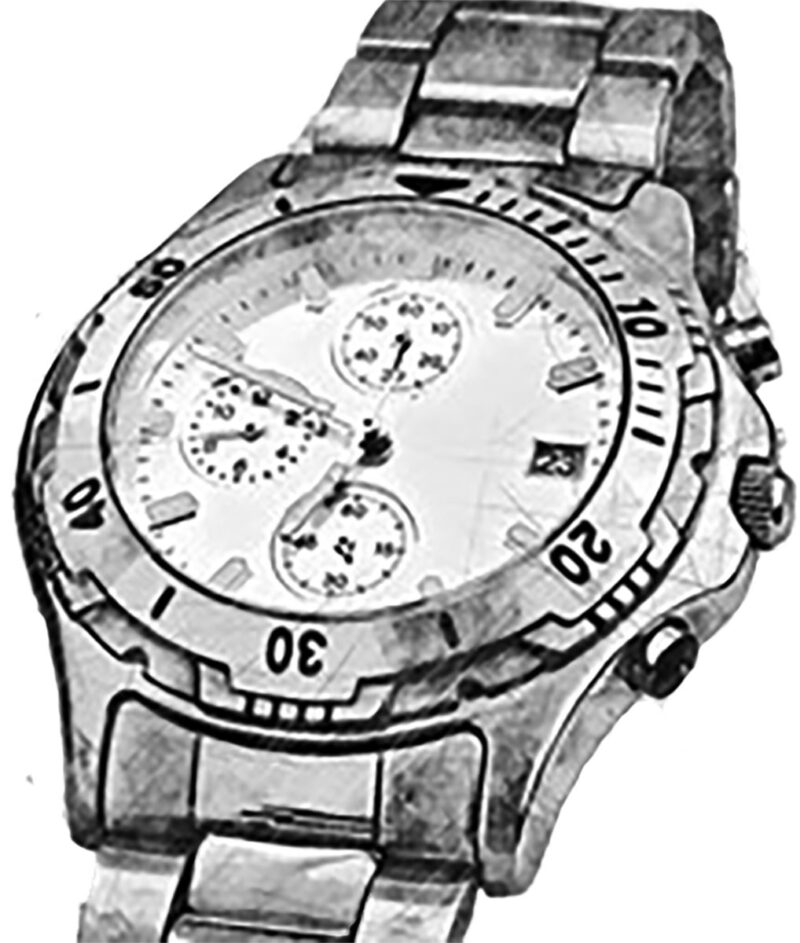 Ben’s hand now looks okay and works partially. His main problem is frustration when he can’t do something because the hand lacks full strength and nimbleness. Ben is well. Not so, Casey.
Ben’s hand now looks okay and works partially. His main problem is frustration when he can’t do something because the hand lacks full strength and nimbleness. Ben is well. Not so, Casey.
A man of lesser conscience would have it easier. Regret and self-hate have plagued Casey every day, almost every waking hour, since the shooting. An acute awareness that he almost killed has haunted him. By the time of the State Wildlife Commission hearing three months later, his suffering showed.
Ben told me Casey looked 10 years older entering the room, head down, shoulders slumped, his step almost a shuffle. His voice was without animation; flat, almost dead.
Casey’s wife, Lucile, has pleaded with him to get psychiatric help. I’ve advised it and Ben has, too. Both businessmen in this small city, they see each other frequently. Each time Casey has voiced apology, regret and sorrow, vividly reliving his mistake. Twice he said, “Ben, sue me. I’ll feel better if you’ll take my liability money.”
Lucile told Ben that Casey spends a lot of time sitting quietly and that he awakens early, agitated. And, she misses his attention.
People at his office, unaware of the catastrophe, have noticed the change. Ordinarily an aggressive achiever, Casey has been slower in making decisions, even in moving.
His rifles and pistols are gone, some sold, some given. Never again would he carry a weapon. He said, “I hate to see my hunting life end; especially this way.”
Casey, no greenhorn, has taken many deer and several bull elk. Early on, he’d learned to positively identify the target, hunt safely, be a good, conscientious hunter. Realizing he’d been more than careless — reckless — he wonders out loud, “How could I have done this?”
Perhaps he was looking away when Ben crossed the open area; more likely he was asleep. Waking to the sound on the trail, his mind not fully alert but narrowly focused by long anticipation, his only thought was elk. Elk, nothing else. His mind was blind.
The anatomy of the incident is clear; the reason for its happening is not. Carelessness doesn’t cover it. No snapshot, the rifle was aimed following the sound and the elevation from ground to chest estimated. I think it was concentration to the extent of excluding reason. Single-mindedness may be intentional, purposeful and good, but it also may result from an intensity which excludes other thoughts, not good. This, plus drowsiness may explain.
But Casey’s eyes also may have contributed. Although he could shoot targets, beginning cataracts had lessened his ability to discriminate, to see clearly in the collage of the forest. He knew of the sight loss, but didn’t realize it would be a problem in the woods.
Guilt and self-chastisement bring depression. Those who have suffered severe depression say there is nothing worse. Casey’s behavior is classic. His weight-loss worries me, because it is one factor used by psychiatrists to judge the risk of suicide.
Casey never hurt anyone, never caused a car wreck, never had been in trouble — until that day. His life had been orderly, peaceful and successful. Now, he experiences guilt daily. A good man of strong conscience, he can’t handle it.
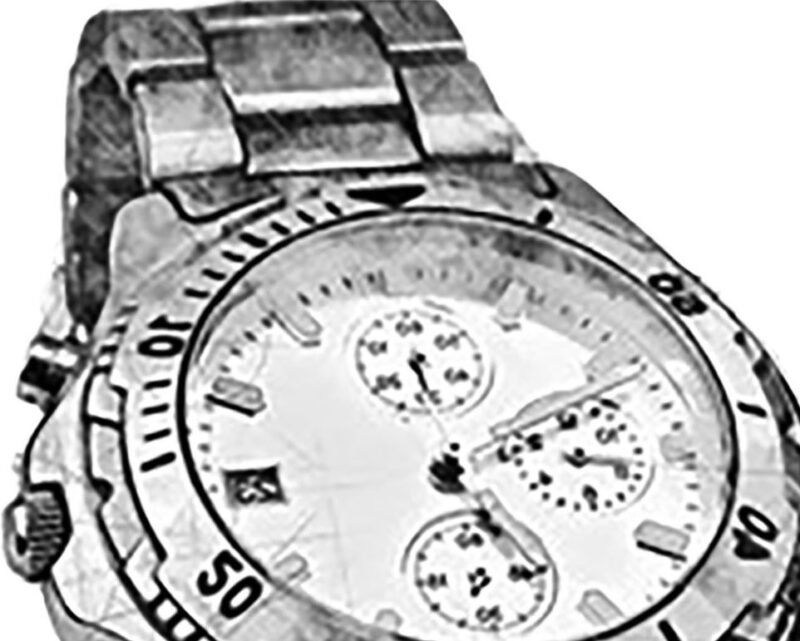 How long will it last — the self-chastisement, the depression? Psychiatric care and anti-depressant medicines surely would help. Casey won’t have it. Seems he wants to suffer, wants to punish himself more.
How long will it last — the self-chastisement, the depression? Psychiatric care and anti-depressant medicines surely would help. Casey won’t have it. Seems he wants to suffer, wants to punish himself more.
With time, bodies and minds do heal if the sickness, in this case depression, does not overwhelm.
The bull elk still glares down from Casey Ryan’s study wall, its glazed stare on the most wounded — the shooter.
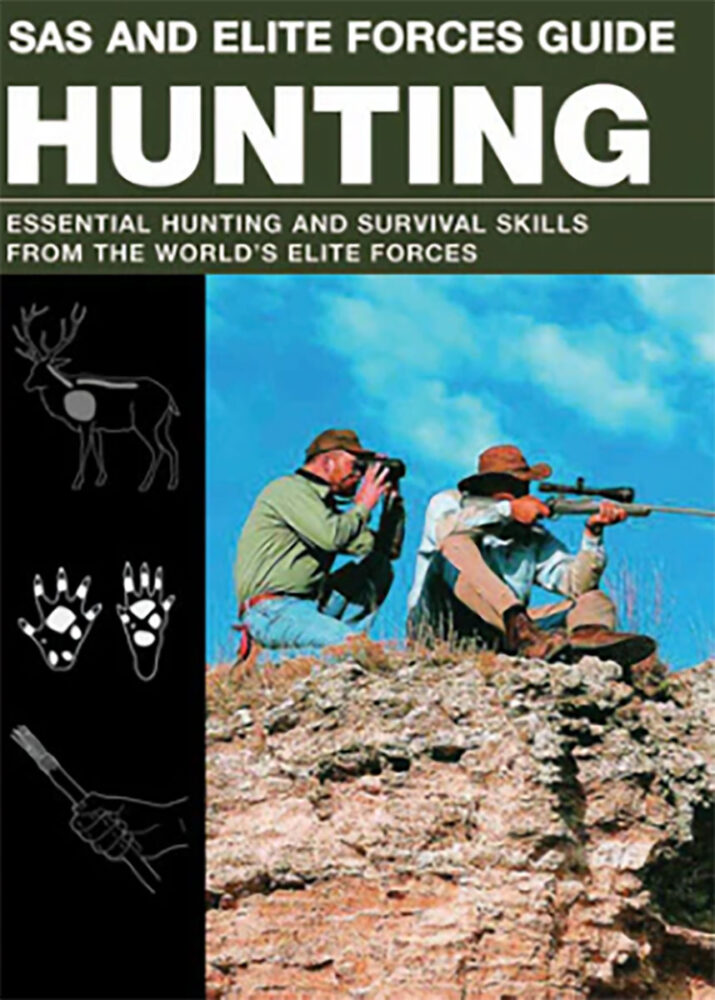 Elite Forces Handbook of Hunting and Shooting demonstrates the core skills involved in being a self-reliant hunter. Includes detailed illustrations from tracking large game to shooting wild pheasant, this book is the essential guide to finding, killing and surviving off animals in the wild.
Elite Forces Handbook of Hunting and Shooting demonstrates the core skills involved in being a self-reliant hunter. Includes detailed illustrations from tracking large game to shooting wild pheasant, this book is the essential guide to finding, killing and surviving off animals in the wild.
Chapters Include: Using Spears and Slings, Hunting With Rifles, Tracking, Preparing Hides, Traps and Snares, Hunting With Dogs, Hunting Land Animals, Hunting in Different Terrains, Preparing a Kill, Wilderness Cooking and more! Buy Now

